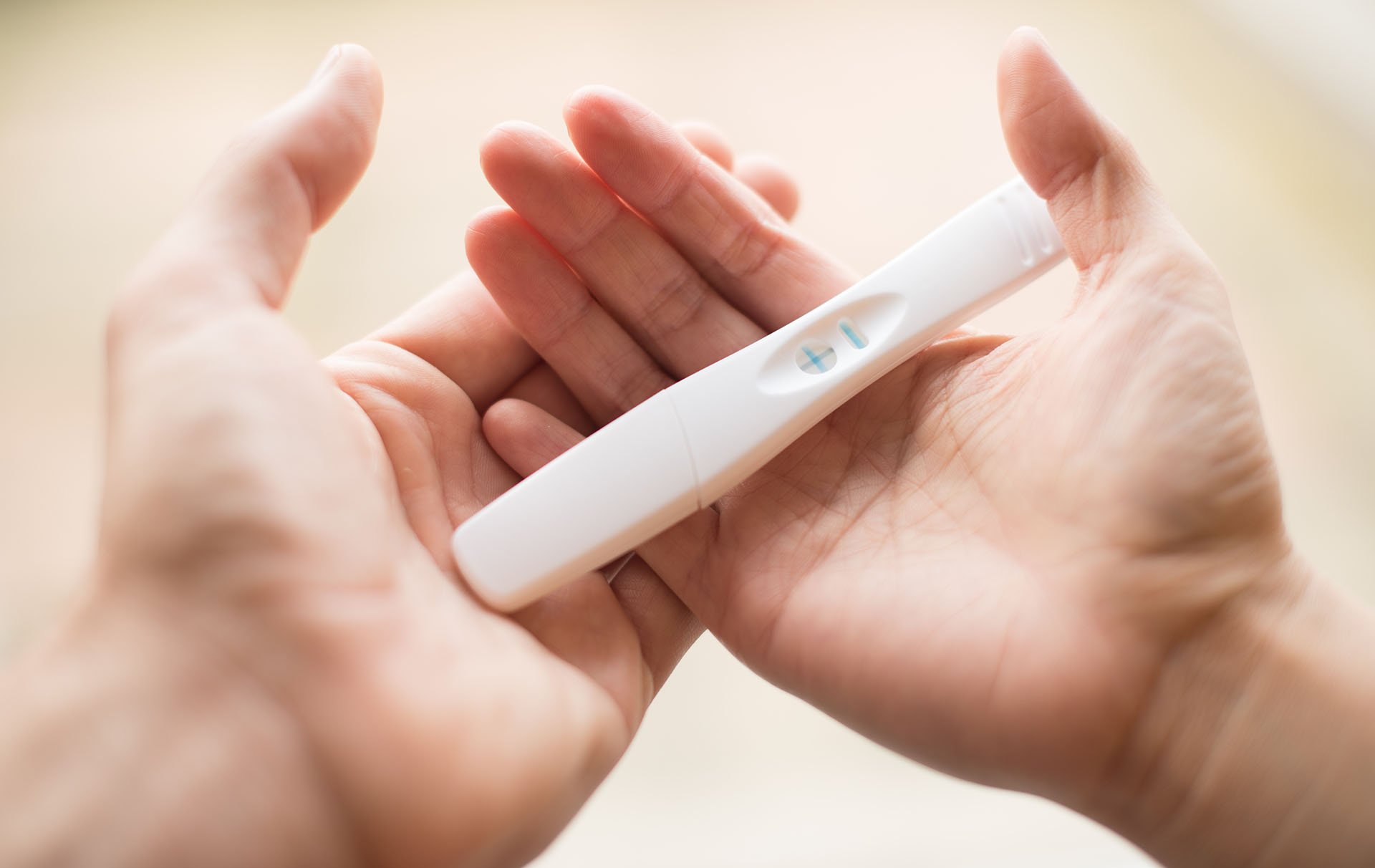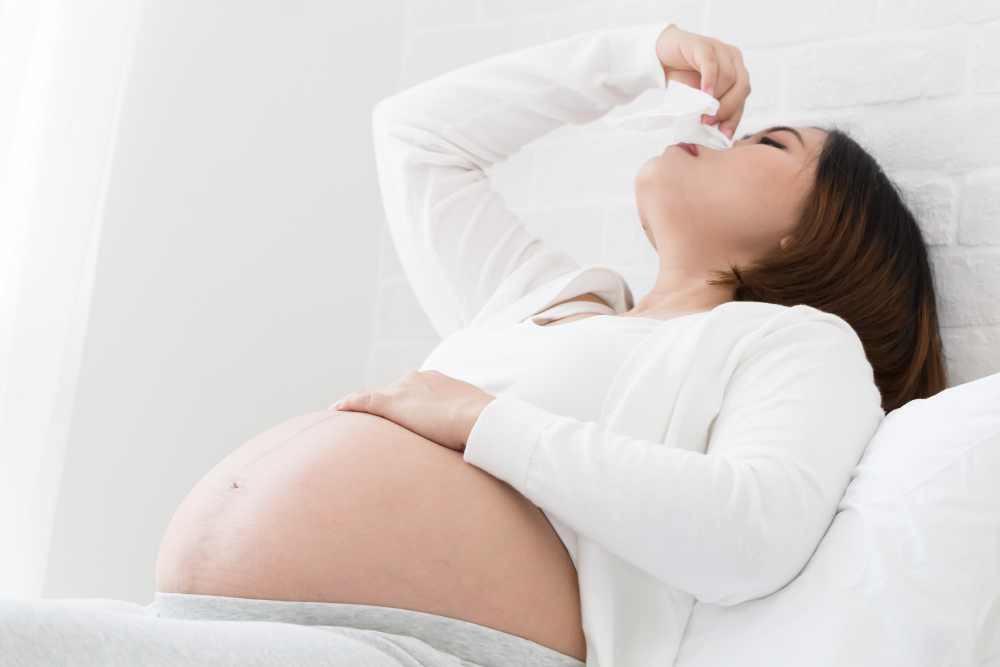Introduction
Pregnancy and childbirth are often portrayed as joyous and fulfilling experiences. However, for many new mothers, the reality can be quite different. Postpartum depression (PPD) is a common but often misunderstood condition that affects millions of women worldwide. In this article, we’ll delve into what postpartum depression is, its signs and symptoms, the support available, and strategies for recovery.
What is Postpartum Depression?
Postpartum depression is a type of mood disorder that affects women after childbirth. It typically manifests within the first few weeks to months following delivery, although it can develop at any time during the first year postpartum. PPD is characterized by feelings of sadness, anxiety, and despair that interfere with a woman’s ability to function and care for herself and her baby.
Signs and Symptoms
Recognizing the signs and symptoms of postpartum depression is crucial for early intervention and treatment. Common symptoms may include:
– Persistent feelings of sadness or emptiness
– Loss of interest or pleasure in activities once enjoyed
– Changes in appetite or weight
– Insomnia or excessive sleep
– Fatigue or loss of energy
– Feelings of worthlessness or guilt
– Difficulty bonding with the baby
– Thoughts of harming oneself or the baby
It’s important to note that postpartum depression can vary in severity and may present differently in each individual.
Risk Factors
While the exact cause of postpartum depression is unknown, several risk factors may increase a woman’s likelihood of experiencing it. These include:
- – Previous history of depression or anxiety
- – Hormonal changes during pregnancy and childbirth
- – Lack of social support
- – Relationship difficulties
- – Financial stress
- – Complications during pregnancy or childbirth
- – Sleep deprivation
Understanding these risk factors can help healthcare providers identify women who may be at greater risk for developing postpartum depression and provide appropriate support and resources.
Seeking Support
If you’re experiencing symptoms of postpartum depression, it’s essential to seek support from healthcare professionals, family, and friends. Your healthcare provider can assess your symptoms, provide a diagnosis, and recommend treatment options. This may include therapy, medication, support groups, or a combination of these approaches.
Recovery and Coping Strategies
Recovery from postpartum depression is possible with the right support and treatment. In addition to seeking professional help, there are several strategies you can incorporate into your daily life to promote healing and well-being:
– Self-care: Make time for activities that bring you joy and relaxation, whether it’s reading a book, taking a walk, or practicing mindfulness.
– Healthy lifestyle: Eat nutritious meals, exercise regularly, and prioritize sleep to support your physical and mental health.
– Social support: Lean on friends and family for emotional support, and consider joining a postpartum support group where you can connect with other women who are experiencing similar challenges.
– Communicate: Talk openly with your partner, friends, and healthcare provider about how you’re feeling and what you need. Don’t hesitate to ask for help when you need it.
Conclusion
Postpartum depression is a common and treatable condition that affects many new mothers. By understanding the signs and symptoms, seeking support, and implementing coping strategies, you can navigate through this challenging time and emerge stronger and more resilient. Remember, you’re not alone, and help is available. Reach out to your healthcare provider or a trusted loved one if you’re struggling with postpartum depression. With the right support, you can overcome this obstacle and enjoy the journey of motherhood to its fullest.











